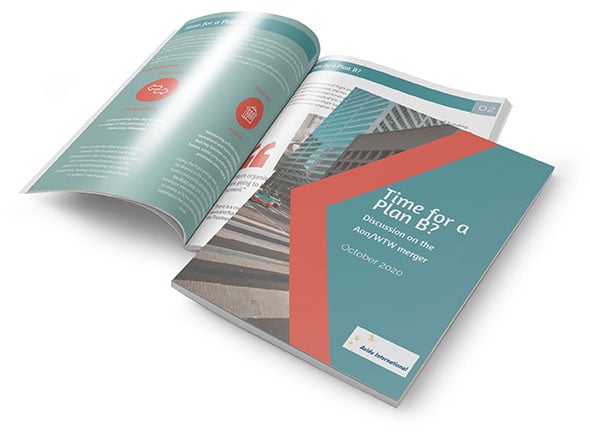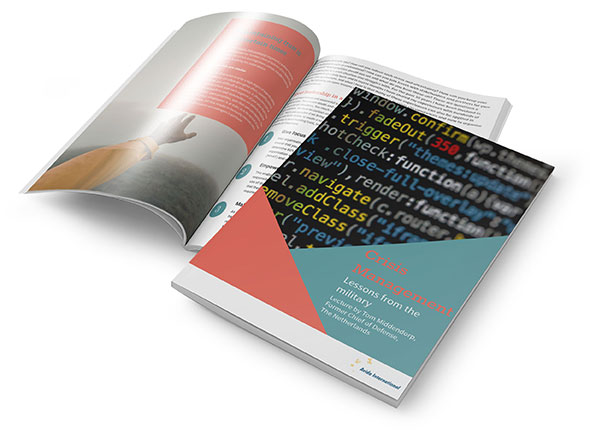In a recent introductory piece on governance, we set out that "At Avida International we observe a number of recurring and often persistent weaknesses in the governance process at boards. We have decided to give them the collective name – The Seven Deadly Sins."
The first of these involves Delegation.
The important thing to note is a general view that often circulates on this subject, the assumption that individuals or organisations that delegate must be "good" and those who do not should be seen as "bad.” However, there is no doubt that the issue is more complex than this and that the focus should be on knowing when delegation is appropriate and when it is not. But what do we actually mean when we use the term delegation? The Oxford Dictionary defines delegation of authority or decision making as "the process of giving someone work or responsibilities that would usually be yours.” So, we should think about it as a process rather than a singular act, which speaks to it being a state of mind. When we consider the world of pension funds, where decisions impact on the lives of many, it is easy to appreciate that the fear of failure can imbed a tight control culture in such organisations. There is nothing inherently wrong with such a state of mind, until that is, it goes too far.
In their 1998 best seller, Pension Fund Excellence, creating value for stakeholders, Keith Ambachtsheer and Don Ezra referred to “the governance (that) is often largely dysfunctional.” They observe that by consistently failing to delegate, pension fund boards continually micro-manage the operations of the funds for which they are responsible. Consequently, they regularly waste time focusing on topics that don’t really matter or contribute to the overall goal of the pension fund, which is to pay member pensions. Through these bad habits, they in fact increase organisational risk. In the meantime, the environment within which boards operate remains challenging, with many funds underfunded and not able to fulfill their long-term obligations, despite global stock markets which are at or close to all-time highs.
The pension industry and lawmakers are now moving to DC (Defined Contribution) related products and life cycle investing. Therefore, the investment decision-making for newly accrued pension liabilities is now being put with the members (people) themselves. For the old DB (Defined Benefit) related liabilities, regulators have stepped in and are applying more normative oversight in most countries.
Specifically, at Avida International, we regularly observe the following persistent issues caused by inappropriate delegation.
- A lack of clarity about who is responsible for what, since top down and bottom-up processes don't join up.
- Decision-making processes that often involve too many steps.
- Boards re-doing work already carried out by sub-committees.
These are only a sample of the issues that regularly lead to pension fund executive teams feeling as if they are being micro-managed, which is not in anyone's interests.
These are some of our thoughts relating to the first of pension fund boards- Seven Deadly Sins. Whilst we present them one by one for your consideration, the reality is that they are usually occurring all at the same time, adding an additional layer of complication to already tricky, discrete issues.
This article was co-written by Paul Boerboom and Patrick Woods.



